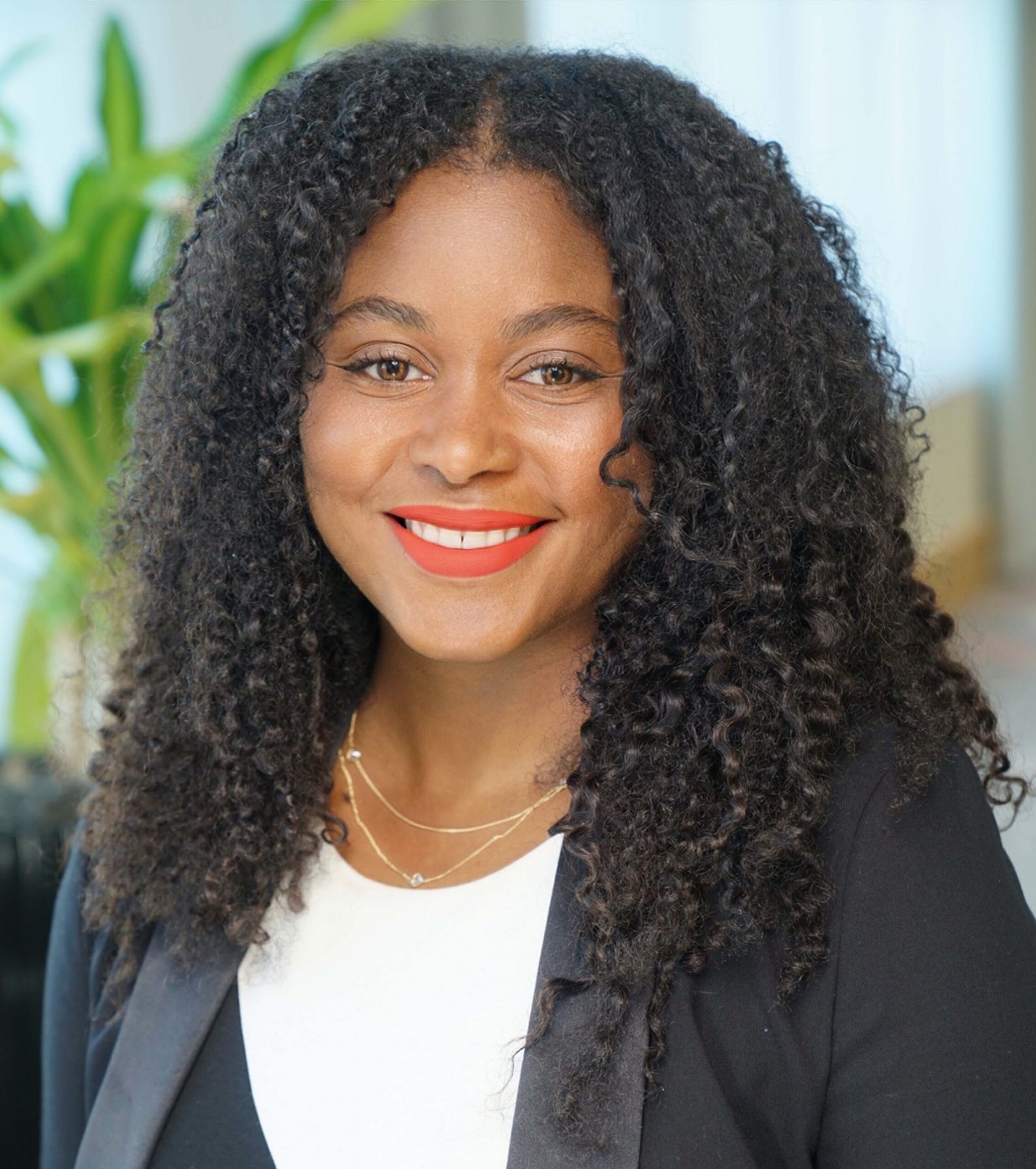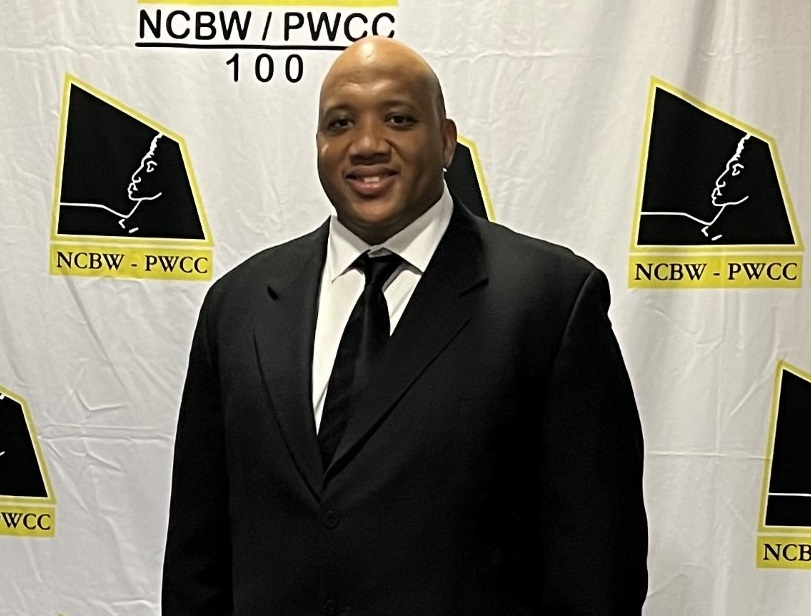Whether you’re navigating the halls of middle school, tackling the challenges of high school, or pondering the possibilities of college, there’s one skill that can truly set you up for success: financial literacy. It’s not just about numbers; it’s about gaining the tools and knowledge to make informed decisions that shape your financial future. This guide is designed to empower you and your parents or caregivers with practical tips and insights so you can confidently take control of your financial journey. Welcome to the world of financial literacy!
What is Financial Literacy?
Financial literacy means knowing how to manage your money. It includes skills like budgeting, saving, investing, and understanding how loans and credit work. High financial literacy helps you make smart choices with your money, avoid debt, and plan for the future.
Why is Financial Literacy Important?
- Independence: Managing your money wisely helps you become more independent and less reliant on others.
- Avoiding debt: Understanding how loans and credit work can help you avoid debt.
- Achieving goals: Good financial habits can help you reach your goals, whether it’s buying a car, going to college, or starting a business.
- Peace of mind: Knowing you have control over your finances reduces stress and allows you to focus on other important things.
Financial Tips for Students and Families
Learn about budgeting
Understanding the concept of budgeting is important because money habits and management will follow you into adulthood. The better prepared you are to learn how to manage your money, the better off you will be.
Here’s how to get started:
- Plan: Think about how much money you might get from allowances, gifts, or odd jobs.
- Needs vs. Wants: Consider what you truly need versus what you want.
- Saving Goals: Even small amounts can add up over time. Set savings goals for things you want to buy or experiences you want to have.
Budgeting is important because it will teach you not to overspend money you don’t have.

Save a little every month
If you receive unexpected money, like a birthday gift or a cash prize, consider saving some of it instead of spending it all at once.
If you can open a savings account with the help of a parent or guardian, you can keep your money safe. Putting even a small portion into a savings account can start building good habits for the future.
Foster open conversations about money
Create an environment where talking about money is comfortable and encouraged. Encourage your children to ask questions about budgeting, college savings, and debt management. Open discussions help demystify financial topics and build confidence in managing money.
Resources to Get Started
Here are some resources to help you and your family learn more about financial literacy:
- Books: Money Matters Made Easy: A Guide to Financial Literacy for Kids – Terrence Hover
- Websites: wealthlyhabits.org
- Apps: thrivent.com
Financial literacy is a journey that starts now. By learning how to manage money, you can create a secure and prosperous future for yourself. Remember, it’s never too early or too late to start. Share these tips with your family, and work together to achieve your financial goals. Happy saving and spending wisely!

Get to know Board Member Noel Bowers

Noel Bowers is a Partner in the Assurance practice focusing mostly on public companies in the industrial manufacturing industry. Noel is a licensed CPA in Michigan and Georgia. Noel has over 19 years of experience serving clients in various sectors including large consumer and industrial products, utility, retail, higher education and multinational organizations. Noel has also been recognized among the Forbes 2024 Top 200 CPA’s!
Noel was drawn to become a Future Foundation Board Member because it has been an important organization for the last 10 years of her life. She knew the recent call for new board members was the perfect opportunity to get involved in a cause that meant so much to her.
Noel believes that what sets Future Foundation apart is its ability to feel like home to so many young people. She says, “It’s a space where they can go, with people that they trust to get knowledge, resources, and guidance. Students that are supported at home and by their community have the ability to thrive in ways that they never could do alone.”
Her background resembles that of the students of Future Foundation and her hope is that they see her journey and believe the possibilities are endless for them.
We asked Noel a few questions about financial literacy and to share a few tips for students and families wanting to learn more about managing their finances.
What is the best financial advice you’ve received?
Spend less, save more. Don’t be afraid to talk about money – the more you learn the better prepared you can be. A healthy relationship with money is important.
What would be the best first step if someone wants to get their finances in order?
Make a budget, but a reasonable one. You can’t say “I’m never going to eat out”. That’s just not realistic – a better solution would be to incorporate eating out into your budget! Then, once you create the budget – check your spending against that budget frequently.
What can students do to increase their financial literacy?
Read! There are several books and resources available that make financial literacy easier to understand. A few to start with:
- The Psychology of Money by Moran Housel
- Why didn’t they teach me this in school? by Cary Siegel
Get to know Board Member Marlin “Mo” Lynch III

Marlin is an Apostle/Pastor of a local faith-based organization called “Kingdom Huddle.” He is an international Mentor who has mentored over 2,000 young men all over the globe including Lagos Nigeria, UK, Algeria, and Barbados. While he has accomplished a lot in 40 years, Marlin’s most important accomplishments are being a husband, father, and Christian.
We asked Pastor Mo the same questions, and here is his take.
What is the best financial advice you’ve received?
To get rich, you have to learn to make money while you sleep.
What would be the best first step if someone wants to get their finances in order?
Gain wisdom and research. Make your money decisions based on wisdom and research. Never put money into something you don’t understand.
What can students do to increase their financial literacy?
Knowledge! Seek Knowledge. Those who don’t manage their money will always work for those who do.
*Disclaimer: The information in this blog is for educational purposes only. It does not constitute financial or other professional advice.
